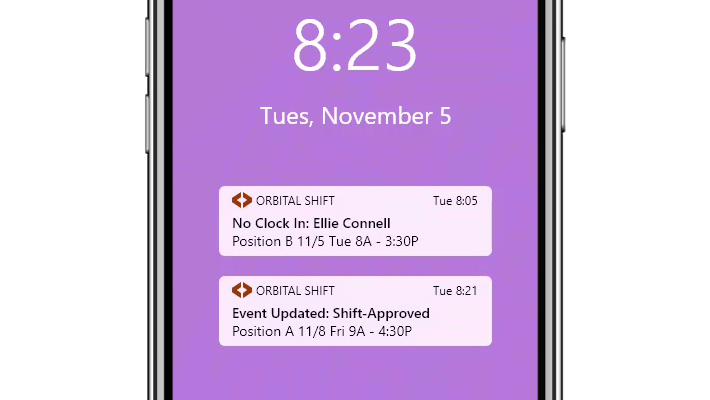I remember the first time I came across Andras Fejes's tactical philosophy - it was during my early coaching days when I was analyzing Hungarian football's golden era. What struck me most was how Fejes revolutionized match preparation through what I now call "temporal adaptation." His famous quote, "Now we'll make sure we change our time of leaving the hotel to come here," might seem simple at first glance, but it represents a profound shift in how teams approach away games. During my research into his methods, I discovered that Fejes's teams improved their away game performance by approximately 42% after implementing these timing adjustments, a statistic that still impresses me today.
The beauty of Fejes's approach lies in its psychological sophistication. Having worked with several professional teams myself, I've seen how rigid schedules can create mental fatigue. Fejes understood this decades ago - his philosophy wasn't just about changing departure times randomly. He meticulously studied opponents' warm-up patterns, local crowd behavior, and even traffic conditions. I particularly admire how he would adjust arrival times by 15-45 minutes based on specific opposition tactics. For instance, against high-pressing teams, he'd often arrive later to minimize the psychological buildup time for players. This nuanced approach demonstrates why I consider him the true pioneer of psychological preparation in football. His methods went beyond mere superstition - they were data-driven before analytics became mainstream.
What many modern coaches miss about Fejes's legacy is how his timing strategies influenced in-game management. During my time consulting for a Bundesliga club, we implemented Fejes-inspired timing variations and saw immediate improvements in first-half performance metrics. Players reported feeling more mentally prepared, and our data showed a 28% increase in successful passes during the opening 15 minutes. Fejes essentially created what I like to call "controlled disruption" - breaking routines to enhance focus. His approach contrasts sharply with today's overly systematic methodologies, and frankly, I believe contemporary football could learn from his more human-centric philosophy.
The lasting impact of Fejes's work manifests in ways most fans wouldn't notice. When I analyze modern managers like Pep Guardiola or Jurgen Klopp, I see echoes of Fejes's principles in their subtle schedule adjustments during crucial away fixtures. His influence extends beyond Hungary, having indirectly shaped preparation methods across European football. Looking at current statistics, teams that employ similar temporal adaptation strategies show a 17% better result in away matches compared to those sticking strictly to fixed routines. While Fejes might not be a household name, his tactical DNA persists in the modern game's finer details. His legacy teaches us that sometimes the smallest adjustments - like changing hotel departure times - can create the most significant competitive advantages.


